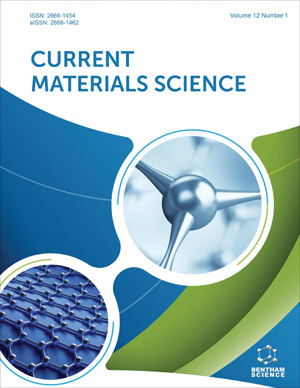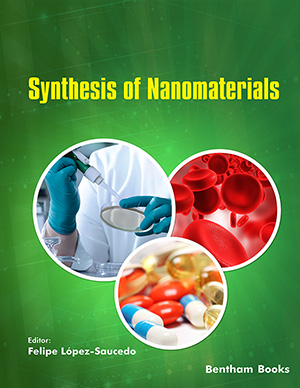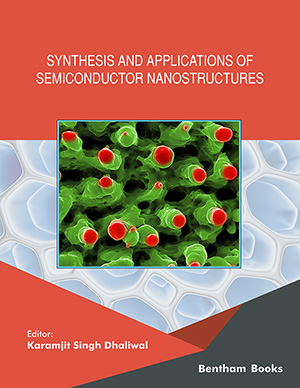Abstract
The combination of polymer composite technology and nanotechnology
leads to the design of polymer nanocomposites. They represent a novel alternative class
of materials to traditional composites with versatile properties which are suitable for
biomedical applications. The addition of nanofillers to polymer composites enhances
their mechanical and biological characteristics. The enhancement in various properties
depends on the polymer matrix, filler, and matrix-filler interaction. The major issue
faced in biomedical research during product development is the lack of
biocompatibility and biodegradability. The primary factor that has to be considered for
composite development is the proper choice of materials. There is a growing demand
for the design of personalized medicine with the outbreak of many chronic ailments
and genetic disorders. The properties of polymer nanocomposites can be customized
for various biomedical applications. The characteristic features of supramolecular
nanocomposites which act as smart materials with tuned properties can be exploited for
tissue engineering, responsive drug and hormone delivery, regenerative medicine,
bioimaging, ocular, dental and orthopedic applications. Many hybrid biopolymer
composites which exhibit promising biomedical applications are developed by
researchers. Their properties can be tailored for making biomedical devices also. This
chapter highlights a brief but focused overview of biomedical applications of bio-based
polymer nanocomposites, carbon-based polymer nanocomposites, metal-organic
framework/polymer nanocomposites, shape memory polymer nanocomposites,
hydrogels, self-healing polymer nanocomposites and stimuli responsive polymer
nanocomposites.
Keywords: Biomedical applications, Carbon-based polymer nanocomposites, MOF/polymer composites, Polymer-nanocomposites, Shape memory polymers, Targeted drug delivery.






















